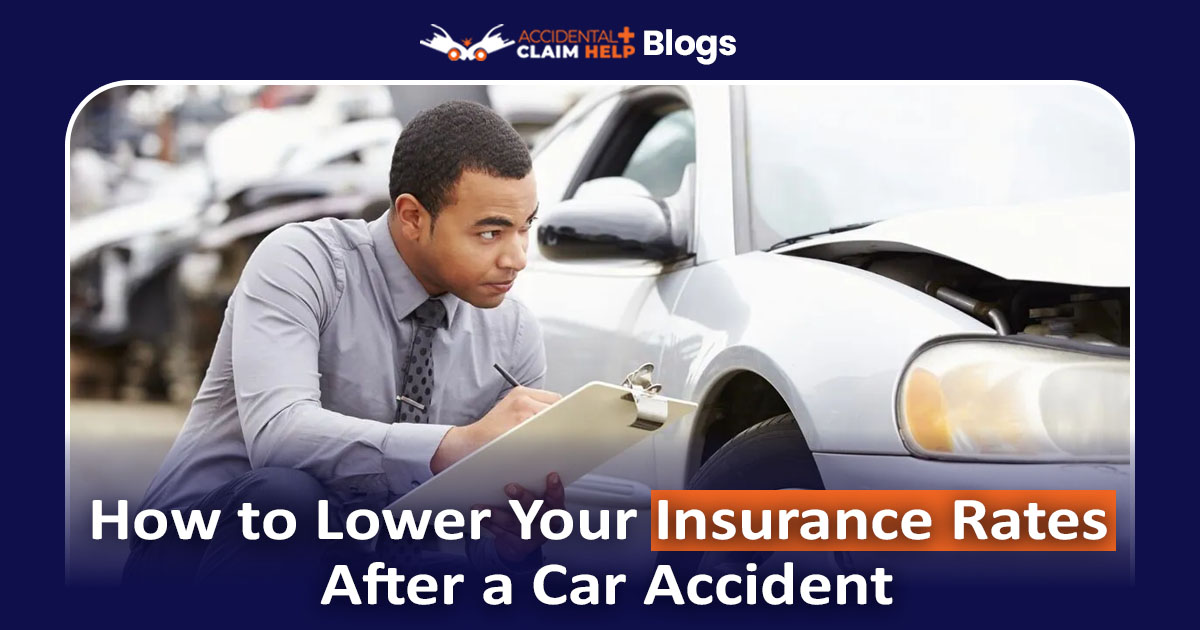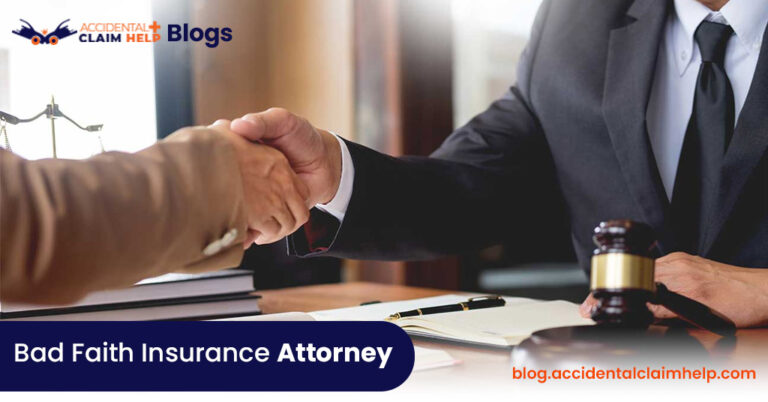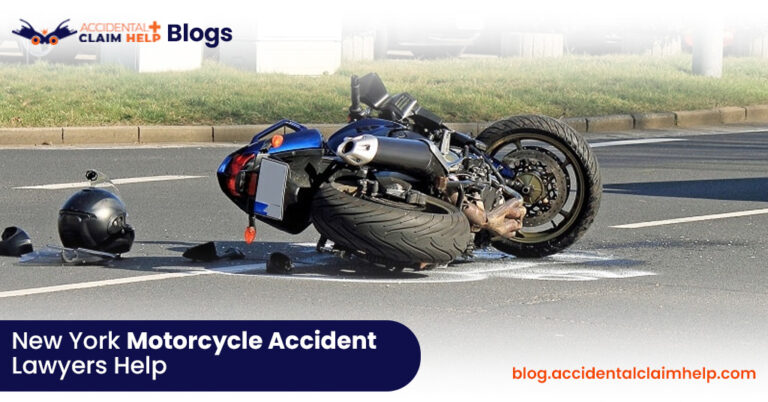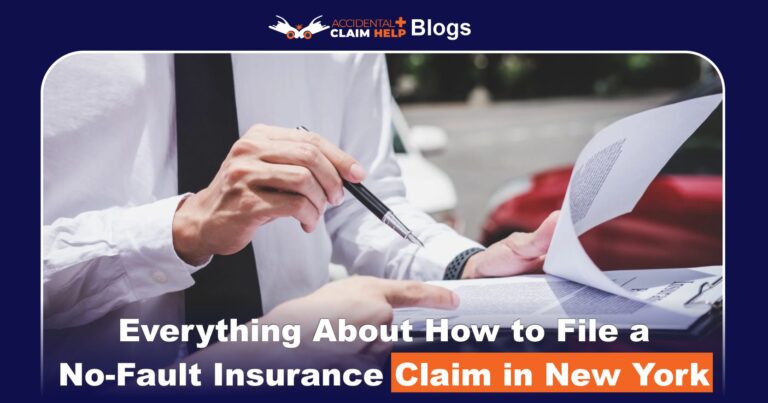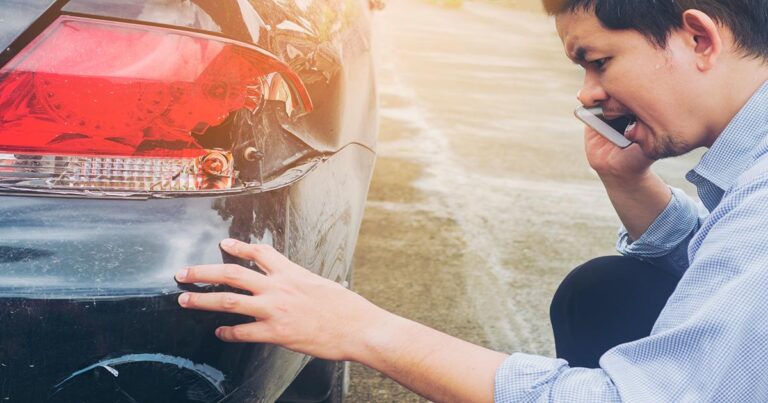How to Lower Your Insurance Rates After a Car Accident
If you’ve had a car accident, your insurance rates may increase. But there are ways to lower them. First, compare quotes from different insurance companies, as some may offer better rates for drivers with accidents. Second, consider increasing your deductible to reduce your premium. Finally, look for discounts, such as bundling your car insurance with other policies. These steps can help you save on car insurance after an accident.
How a Car Accident Affects Your Insurance Rates
Why Do My Rates Go Up After an Accident?
After an accident, your insurance company may see you as a higher risk, especially if you were at fault. When you’re considered a higher risk, your insurance premiums will likely go up. If you weren’t at fault, your rates might increase slightly, but they tend to go up more for drivers who cause accidents.
The main reasons for this increase are:
- Higher risk: Insurance companies raise rates to cover potential future claims.
- Fault: If you were responsible for the accident, your rates will rise more than if you weren’t.
- Severity: More severe accidents with high damage costs result in higher rate increases.
How Long Will My Rates Be Affected?
Rates usually stay higher for about 3-5 years after an accident. Over time, if you avoid further accidents and keep a clean driving record, your rates should gradually drop.
Factors Affecting Insurance Rates
| Factor | Estimated Rate Increase After an Accident | Estimated Premium Increase ($) | How to Lower Rates |
| At Fault in an Accident | 20% to 40% higher premiums | $300 – $600 annually | Shop around for better rates, increase your deductible, take a defensive driving course |
| Not At Fault in an Accident | 5% to 10% higher premiums | $75 – $150 annually | Maintain a clean driving record, shop around |
| Multiple Accidents (At Fault) | 50% or more increase in premiums | $750 – $1,500 annually | Shop around, raise your deductible, consider switching providers |
| Severe Accident with High Damage | 40% to 60% higher premiums | $600 – $900 annually | Shop around, consider other insurers with lower premiums for high-risk drivers |
| Minor Accident (Low Damage) | 10% to 20% higher premiums | $150 – $300 annually | Look for discounts like safe driver or bundling policies |
| Accident with a DUI | 60% to 80% higher premiums | $900 – $1,200 annually | Shop around, maintain a clean record, take a DUI class or defensive driving course |
Example Breakdown:
- Before Accident: $1,500/year
- After At-Fault Accident (40% increase): $1,500 + $600 = $2,100/year
- After Minor Accident (20% increase): $1,500 + $300 = $1,800/year
What Are the Cheapest Car Insurance Options After an Accident?
Finding Affordable Coverage
After an accident, you may find that your current insurance provider raises your rates. In this case, it’s wise to shop around for better deals. Some companies offer lower rates to drivers who have recently been in an accident, especially if you take steps to improve your driving habits, like completing a defensive driving course.
To find the cheapest options, compare quotes from several insurers and look for discounts that may apply to you.

Does My Car Insurance Policy Offer Accident Forgiveness?
What is Accident Forgiveness?
Some insurance policies offer accident forgiveness, which means your first accident won’t affect your rates. However, this is not a standard feature and varies between insurance companies. If your policy includes accident forgiveness, your first accident will likely be ignored when calculating your premium increase.
Check your insurance policy to see if accident forgiveness is included. If it’s not, you may want to inquire about adding this feature to your coverage to protect yourself in the future.
Steps You Can Take to Lower Your Insurance Rates
Shop Around for Better Deals
Insurance rates can vary widely between companies. After an accident, it’s essential to shop around to find a better deal. By comparing rates from multiple providers, you might find one that offers a lower premium or better discounts for safe drivers.
Increase Your Deductible
Increasing your deductible (the amount you pay before your insurance helps) can lower your premiums. The higher your deductible, the less your insurer has to pay in the event of an accident, which can lower your rates. However, make sure the higher deductible is something you can afford in case of another accident.
Take a Defensive Driving Course
Many insurance companies offer discounts for drivers who complete a defensive driving course. This course teaches safe driving techniques and shows your insurer that you’re committed to improving your driving habits. Taking a course could help reduce your premiums after an accident.
Look for Discounts and Bundle Policies
Check if your insurance company offers any discounts for things like safe driving, bundling multiple policies, or even good student discounts. If you also have other types of insurance (like home or life insurance), bundling them with your auto insurance policy can result in significant savings.
How to Negotiate with Insurance After an Accident?
Tips for Negotiating a Fair Settlement
After an accident, you may want to negotiate your insurance rates or the payout for damages. Here are some steps to help you:
- Review your policy: Understand what your policy covers and what you’re entitled to.
- Gather evidence: Collect photos of the accident, police reports, and any repair estimates to back up your claims.
- Stay calm and polite: Be respectful but firm when discussing your claim with the insurer.
Seek professional advice: If needed, consult with a lawyer or insurance expert to guide you through the negotiation process.
Conclusion:
A car accident doesn’t mean you’re stuck with high insurance premiums forever. By taking proactive steps such as shopping around, increasing your deductible, taking a defensive driving course, and negotiating with your insurance provider, you can significantly lower your rates over time.
Additionally, check if your policy offers accident forgiveness or discounts for bundling other types of insurance. Taking these actions can help reduce the financial impact of an accident and keep your premiums affordable.
Not always. If the accident wasn’t your fault or your policy includes accident forgiveness, your rates might not increase. But in most cases, especially if you were at fault, your premium will go u
Accident forgiveness is a feature some insurance companies offer. It means your first accident won’t raise your rates. Not all policies include this, so check with your insurer.
Usually, an accident stays on your record for 3 to 5 years, depending on the insurance company and your state. After that, it may no longer affect your rates.
Yes, you can. Even if you’ve had an accident, it’s a good idea to shop around. Some companies offer better rates even for drivers with recent claims.
Sometimes, yes. If the damage is minor and you can afford it, paying out of pocket may help you avoid a rate increase. But be sure to consider legal and financial risks before deciding.

